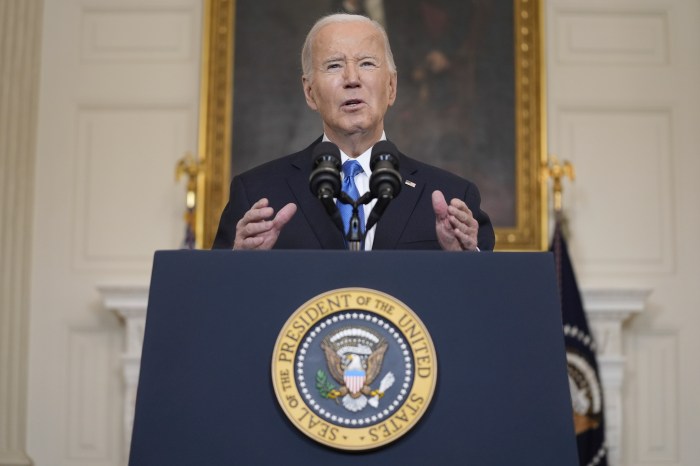When Jim Neill got laid off, he sent around a farewell email with a subject line designed to get people’s attention: “Free food in the employee lounge.”
Then Neill, who had been with the National Association of Manufacturers for years, left ’em laughing.
“These are tough times and with a young family I’m hunting for employment,” he wrote, “but you’ll be pleased to know I’ve also begun work on my long-delayed book and instructional DVD ‘Rhymes with Truck: How to Use Profanity in Every Sentence.’”
There’s an art to the goodbye emails flooding inboxes as a result of massive layoffs. A few, like Neill’s, are laugh-out-loud funny. Some are bitter flame-outs. Some read like brief memos or mysteries with no explanation of the move; others are like lengthy Oscar speeches thanking co-workers.
Whatever the tone, they are everywhere; many Canadians were either laid off recently or left their jobs for greener pastures.
In the days before company email distribution lists, the task of letting friends and colleagues know about your departure was primarily done by phone or through an inter-office memo written by Human Resources.
With the wider reach of email and more casual messages comes some danger: An email will last longer and may pop up into the inbox of unintended recipient.
Lawyer Shinyung Oh’s angry goodbye quickly made rounds of legal blogs. Oh was let go from the Paul Hastings law firm’s San Francisco branch six days after having a miscarriage. She wrote a blistering email accusing the firm of heartlessness, and sent it to all her colleagues.
“If this response seems particularly emotional, perhaps an associate’s emotional vulnerability after a recent miscarriage is a factor you should consider the next time you fire or lay someone off,” she wrote.
Oh has since started her own blog but declined to comment on the incident.
Truly angry flame-outs are a rarity for that reason — most people understand they will whip through the ether at breakneck speed. One scathingly funny goodbye that has been posted on blogs around the world with the subject line “So long, suckers! I’m out!” turns out to be a hoax, written by comedy writer Chris Kula.
“For nearly as long as I’ve worked here, I’ve hoped that I might one day leave this company,” the mock kiss-off reads. “And now that this dream has become a reality, please know that I could not have reached this goal without your support.”
Experts warn against real displays of such anger over concerns that it could hurt a future job search. Many caution against even a hint of negativity.
“Don’t show any bitterness. Don’t complain. Just be positive,” says Donna Flagg, a workplace expert and president of The Krysalis Group, a business and management consulting firm in New York.
At its simplest, the email only needs to let friends and colleagues know you’re leaving and how to reach you. A goodbye handled properly can even help with the job search.
When Kristin Brown lost her job at a mid-size PR firm due to downsizing, she spoke highly of her former employer, attached her resumé and asked her contacts to keep her in mind for any openings, “because, let’s face it, I’ve become quite attached to having a roof over my head!”
The letter seems to have helped; she’s landed several leads and interviews through her former co-workers.
Neill, who joked about free food in the office lounge, sent a separate, more formal email to outside business contacts, but wanted to lighten the mood inside the office.
“There was a lot of tension in the air,” says Neill, who has since landed a job as vice-president of product safety for the Retail Industry Leaders Association. “I wanted people to feel comfortable saying goodbye. I didn’t want anyone walking on eggshells around me. Humour seemed the best way to do that.”
Graceful
Leaving a job? Here are tips for writing a farewell email from workplace and business etiquette experts Donna Flagg and Colleen Rickenbacher:
• Be graceful, positive and appreciative. Thank everyone for the experience. “I realize a lot of people aren’t happy to be writing these emails,” Flagg says. “Suck it up and find something positive to thank people for. These things follow you. You want to remain the consummate professional.”
• One size does not fit all. Think strategically about who you’re sending it out to and what’s appropriate for that audience.
• Avoid sharing too much information. Don’t feel like you need to explain what happened or what went wrong.
• But it’s OK to explain why the position was eliminated if it is not performance-based.
• Write the email when you’re in a good frame of mind and then think about it overnight. “If you read it five years from now, you don’t want to wonder what you were thinking.”


















